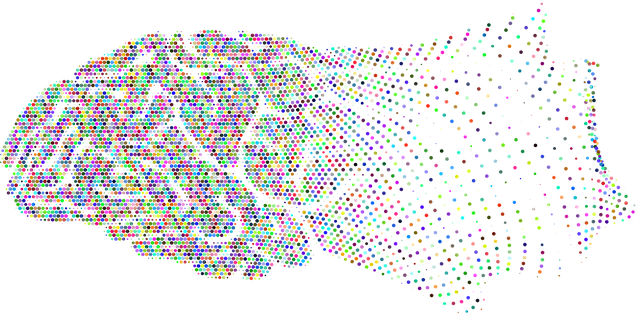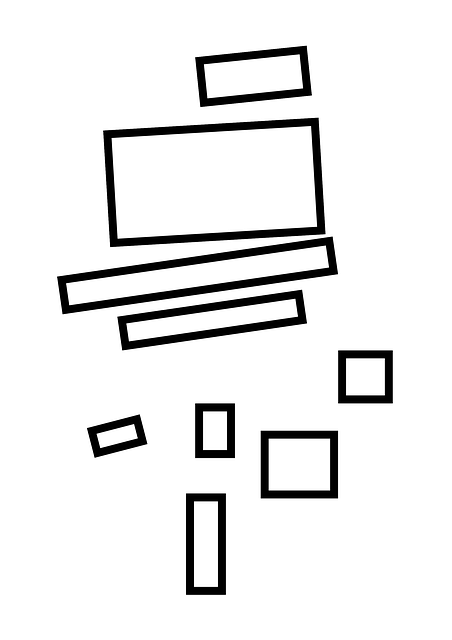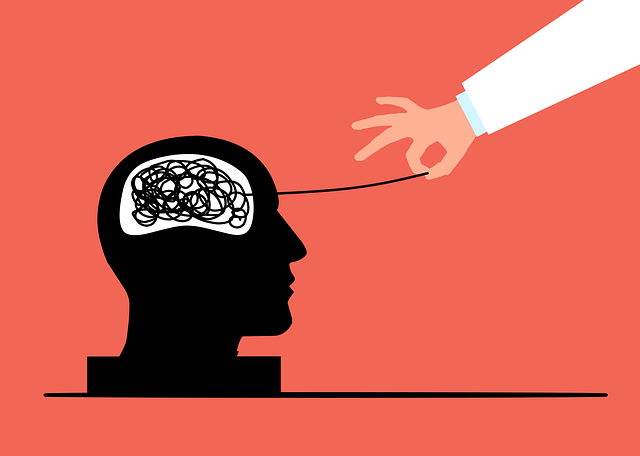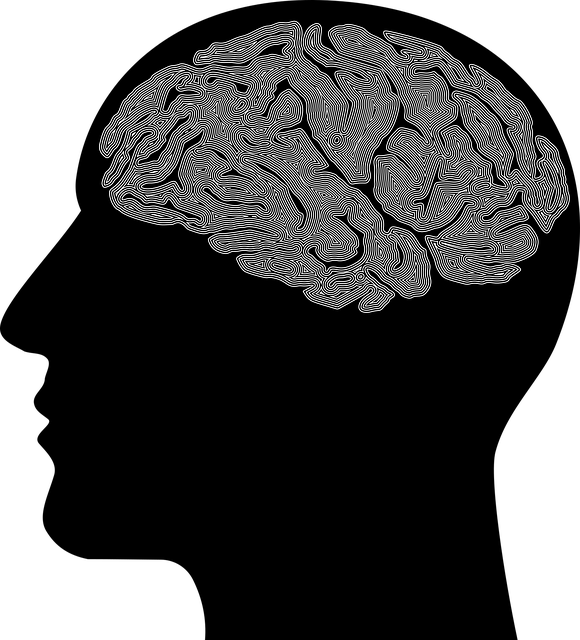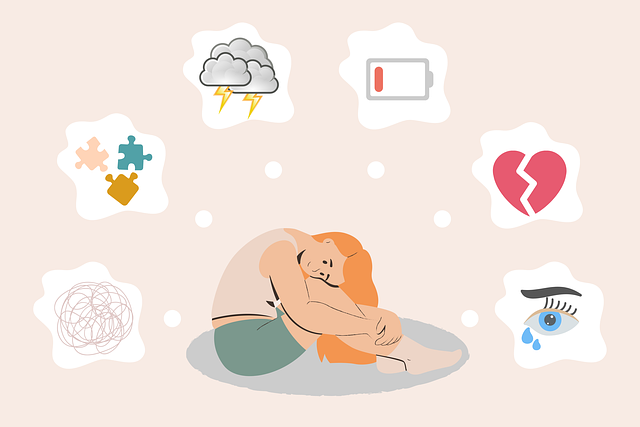Mental wellness journaling is a powerful tool for elders, especially those with age-related isolation or cognitive changes, offering a safe space for reflection and stress management. For individuals with ADD/ADHD, it provides structured outlets to process daily experiences, organize thoughts, and develop effective mood management strategies. This practice reduces stigma by boosting self-esteem, challenging negative thought patterns, and fostering a positive relationship with mental health. Tailored prompts aid in coping skills, self-care, and emotional regulation, enhancing cognitive flexibility and therapeutic outcomes during ADD/ADHD evaluations. Regular reflection on past entries provides insights into emotional growth, celebrating achievements and understanding areas needing attention.
Mental wellness journaling is an effective therapy tool for elders seeking emotional well-being and those with ADD/ADHD looking to enhance focus. This article provides comprehensive guidance on leveraging journaling for therapeutic purposes, catering to both demographics. From understanding the benefits to setting up a practice, exploring prompt ideas, and tracking progress, we offer insights to help individuals navigate their mental health journeys. Discover how this simple exercise can revolutionize your relationship with thoughts and emotions, especially during ADD/ADHD evaluations.
- Understanding Mental Wellness Journaling for Elders
- Benefits of Journaling for ADD/ADHD Evaluation
- Setting Up a Therapeutic Journaling Practice
- Effective Prompt and Topic Ideas
- Tracking Progress and Reflecting on Growth
Understanding Mental Wellness Journaling for Elders

Mental wellness journaling can be a powerful tool for elders to navigate and improve their mental health. It provides a safe and private space for individuals to reflect on their thoughts, emotions, and experiences, which is especially beneficial for those who may face challenges such as age-related isolation or cognitive changes. By encouraging regular expression, this practice fosters self-awareness and can serve as a form of therapy, aiding in managing stress and improving overall well-being.
For elders with ADD/ADHD or other mental illness concerns, journaling can offer structured outlets to process daily experiences and emotions. It assists in organizing thoughts and can even support evaluations by providing detailed insights into an individual’s state of mind. Moreover, the act of writing can contribute to stigma reduction efforts by promoting self-esteem improvement and challenging negative thought patterns, creating a more positive relationship with mental health.
Benefits of Journaling for ADD/ADHD Evaluation

Journaling has emerged as a powerful tool for individuals with Attention Deficit Disorder (ADD) or Attention Deficit Hyperactivity Disorder (ADHD) to gain valuable insights into their mental wellness journey. Through regular self-awareness exercises, such as journaling, elders with ADD/ADHD can enhance their understanding of their unique cognitive patterns and triggers. This practice allows them to develop a deeper connection with their thoughts and emotions, fostering better mind over matter principles.
By documenting daily experiences, challenges, and achievements, individuals can identify specific situations that disrupt focus and productivity. This self-reflection enables them to create effective strategies for mood management, including organizing routines, setting realistic goals, and employing mindfulness techniques. Journaling provides a safe space for expression, helping elders with ADD/ADHD process their emotions, reduce stress, and improve overall mental clarity.
Setting Up a Therapeutic Journaling Practice

Starting a journaling practice can be a powerful tool for mental wellness, especially for seniors with ADD/ADHD who may benefit from structured therapy sessions. To set up a therapeutic journaling routine, begin by choosing a journal that feels right—a dedicated notebook or even a digital platform designed for this purpose. Ensure it’s easily accessible and comfortable to use, whether that means finding a quiet space to write or setting aside specific time slots throughout the day.
Incorporating emotional intelligence into your practice can enhance its benefits. Reflect on your emotions as you write, taking note of any patterns or triggers. This self-awareness is crucial for managing stress reduction methods and trauma support services, allowing you to develop healthy coping mechanisms. Over time, regular journaling can become a calming ritual, helping to center your thoughts and provide clarity in navigating life’s challenges, including those often faced by individuals undergoing ADD/ADHD evaluations.
Effective Prompt and Topic Ideas

A well-structured mental wellness journal can serve as a powerful tool for reflection and personal growth, especially for elders navigating the complexities of aging and mental health challenges. When designing prompts or choosing topics, it’s essential to strike a balance between open-ended questions that encourage self-exploration and specific areas of focus that provide direction. For instance, prompts like “Describe a recent moment when you felt truly present and connected to yourself” can prompt introspective writing, while also prompting elders to delve into their sensory experiences and emotional states.
Incorporating topics related to coping skills development, self-care practices, and even mental illness stigma reduction efforts can be particularly beneficial. For seniors with ADD-ADHD, tailored prompts like “Explore strategies you’ve found effective in managing focus and concentration during daily activities” not only encourage reflection but also offer an opportunity for them to share insights that could benefit others facing similar challenges. By engaging in regular journaling practices, elders can enhance their cognitive flexibility, improve emotional regulation, and ultimately foster a deeper understanding of themselves.
Tracking Progress and Reflecting on Growth

As you progress through your mental wellness journaling journey, tracking your entries over time can offer profound insights into your emotional landscape and personal growth. Regularly reviewing past reflections allows you to identify patterns, celebrate achievements, and pinpoint areas that still need attention. This process is akin to a therapy session, providing an opportunity for self-evaluation and introspection. By connecting the dots between current feelings and past experiences, individuals can gain valuable insights into their mental health awareness and emotional regulation skills.
In light of this, consider using specific prompts to stimulate reflection. For instance, ask yourself: “What challenges have I overcome since my last entry?” or “How has my perspective on [specific issue] evolved?” This practice mirrors the evaluation process in ADD-ADHD assessments, helping individuals gain clarity and focus on their personal development. Through consistent journaling and reflection, one can foster emotional intelligence and enhance overall mental wellness, making it an essential part of any mental wellness podcast series production.
Mental wellness journaling offers a powerful, accessible therapy for both elders seeking mindfulness practices and individuals with ADD/ADHD requiring focused evaluation tools. By establishing structured yet flexible routines through effective prompt ideas, individuals can track progress and reflect on personal growth. Whether applied as a standalone practice or in conjunction with professional guidance, journaling becomes a dynamic instrument for enhancing mental health, particularly within the context of therapy for elders and ADD-ADHD evaluations.

